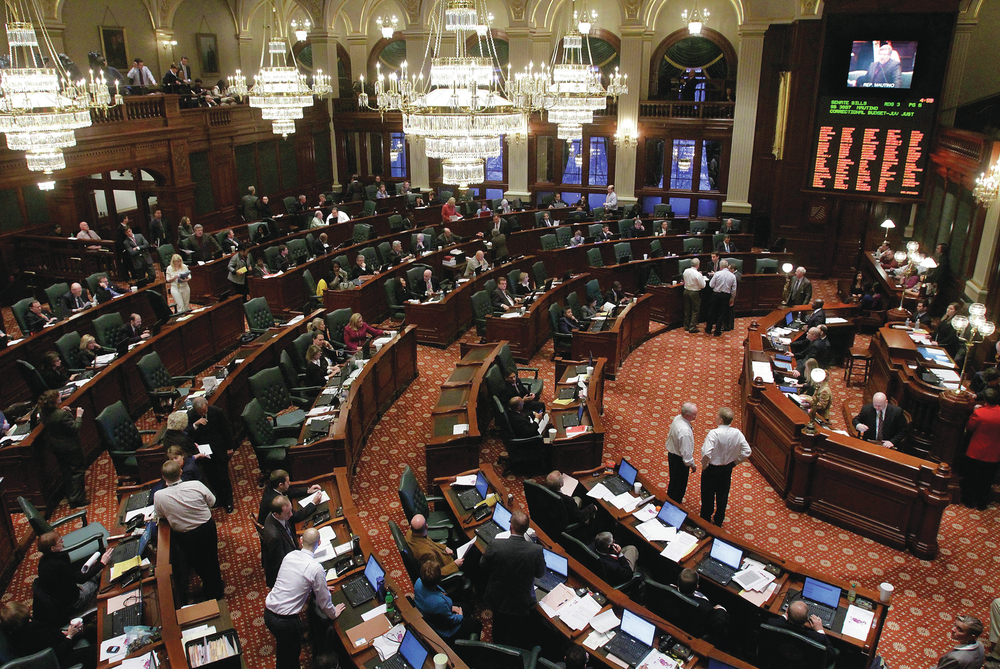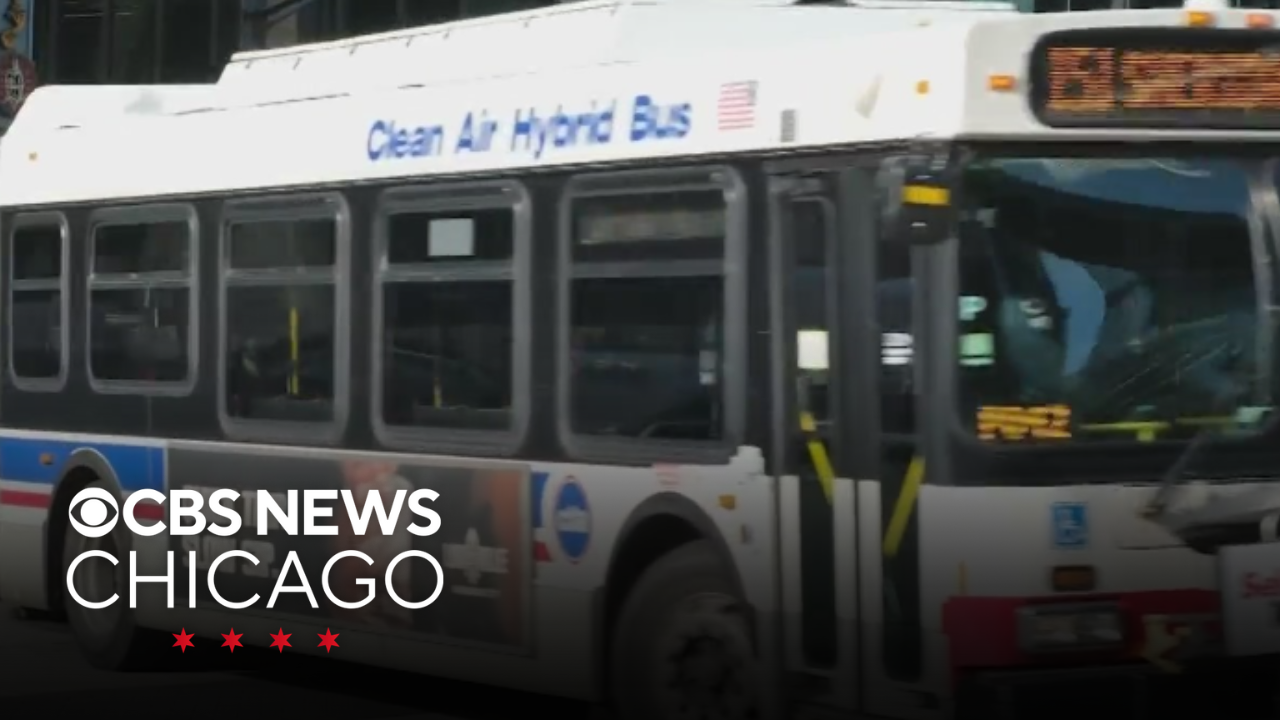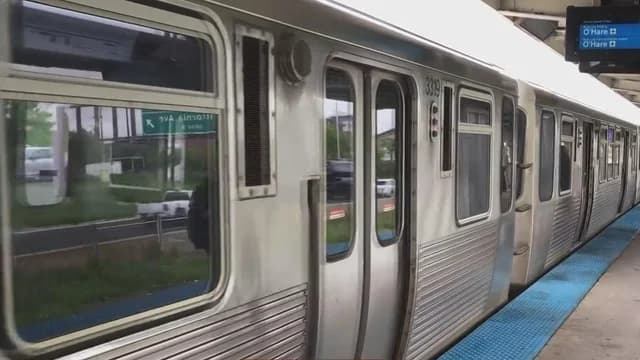The Regional Transportation Authority"s dire warning about a looming $770 million fiscal cliff is not just a budgetary concern; it"s a looming humanitarian crisis. With the expiration of COVID relief funds, Chicago"s public transit system stands on the brink of catastrophic service cuts that will disproportionately affect the city’s most vulnerable populations.
Transit Leaders Sound the Alarm
As reported by MSN, the RTA and local transit leaders are bracing for severe budget cuts that could lead to a staggering 40% reduction in services. The failure of the Illinois legislature to allocate the requested $1.5 billion for public transit in the 2026 budget leaves riders in limbo, forcing transit authorities to prepare two budget scenarios: one with funding and another without. This dual approach reflects deep uncertainty and highlights the ongoing neglect of public transportation in favor of other fiscal priorities.
Impact on Marginalized Communities
The potential cuts will not affect everyone equally. Communities of color and low-income neighborhoods, which rely heavily on public transit for access to jobs, education, and essential services, will bear the brunt of these service reductions. According to transit advocates, as service shrinks, so too does access to opportunities. Families may find themselves facing longer wait times, fewer routes, and higher fares, pushing them further into economic precarity.
Fare Increases Will Hit Vulnerable Riders Hardest
As transit budgets tighten, fare increases loom on the horizon, with projections suggesting a potential hike of up to 10%. This places an additional burden on those who can least afford it. Increased fares will only exacerbate the challenges faced by the very communities that rely on public transportation for their daily commutes. A 10% increase may seem modest, but for low-income families, it can mean the difference between a healthy meal or the risk of hunger.

Look to the red states - POLITICO
Legislative Inaction and Systemic Failures
Despite the urgency, the Illinois General Assembly has failed to reach a consensus on a sustainable funding package. Proposed reforms aimed at creating a more integrated transit system, such as the establishment of the Northeastern Illinois Transit Authority and a new transit ambassador program, have not moved forward. As state Sen. Ram Villivalam pointed out, the lack of collaboration between transit agencies perpetuates inefficiencies that hinder service delivery. The resistance from collar counties to proposed revenue measures, including a ride-share tax and increased real estate transfer tax, underscores the disconnect between suburban lawmakers and urban transit needs.
Environmental and Economic Implications
These budget cuts and fare hikes will not only impact social equity but will also have severe environmental consequences. Public transit is a critical component of sustainable urban development. A robust transit system reduces reliance on personal vehicles, lowers greenhouse gas emissions, and promotes cleaner air. As we face a climate crisis, dismantling transit services contradicts the urgent need for sustainable solutions. The degradation of public transit options could lead to increased car dependency, further exacerbating climate change and air pollution.
The Call for Organizing and Activism
The current climate demands that we mobilize for a public transit system that serves everyone, particularly the marginalized and economically disadvantaged. Advocacy groups are calling for community engagement and grassroots organizing to pressure legislators to prioritize transit funding. The fight for equitable public transit is a fight for climate justice, intersectional as it is with the fight against systemic racism and classism. We need to demand that our legislators take immediate action to secure funding and implement progressive reforms that prioritize the needs of all riders.
The future of Chicago’s transit system hangs in the balance, and the time for action is now. Our communities deserve a transportation system that is reliable, affordable, and environmentally sustainable. Without significant intervention, the looming crisis will not only disrupt daily lives but will further entrench social inequities and environmental injustices.

Transit left hanging in Illinois state budget







![[Video] Gunfire between Iraqi security forces and Sadr militias in Baghdad](/_next/image?url=%2Fapi%2Fimage%2Fthumbnails%2Fthumbnail-1768343508874-4redb-thumbnail.jpg&w=3840&q=75)
